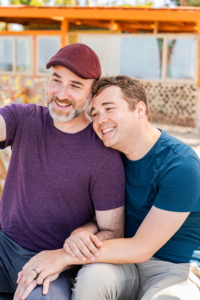Voices of Jerusalem is a series of short films directed by the award-winning team that brought the world State of Jerusalem and other documentary journalism. Through in-depth, highly personal looks at the day-to-day lives of six Jerusalemite changemakers, these short vignettes reveal the delights, adventures, and complexities of life in Jerusalem and why these Jerusalemites are passionately committed to their city.
Nerya is a descendent of renowned rabbis and a conservative family from Morocco and remains rooted in his love for tradition. Following a process of self-discovery and marred by an incident of profound trauma, Nerya who used to define himself as a religious right-wing activist has a more complicated identity.
Today, he is studying to be a rabbi in an egalitarian community and participates in interreligious dialogue and political activism. He remains caught between his love for tradition and craving for change. Through Nerya, we learn about “traditionalism,” which he sees as the un-western way of practicing pluralism and tolerance.
Daniella sees food as a means for social change that touches everything from politics to sustainability. A Jerusalemite by birth and by choice, she has traveled around the world engaged in farming, food rescue and culinary arts. Daniella is the co-founder and leader of the Food Rescuers of Jerusalem, a robust volunteer network that reduces food waste and addresses hunger throughout the city. Daniella’s story is both a remarkable tale of bottom-up activism and a way for us to learn about the complexity of Jerusalem through the route of food to every part of the city.
Melhem grew up in a Druze village in the Galilee. The Druze people speak Arabic and have their own faith. Today, Melhem considers himself ‘culturally Palestinian’. He manages the first art school for girls from elementary to high school in the Sheikh Jarrah neighborhood of East Jerusalem, Ibdaa School. The school is located just a few minutes’ walk from areas of conflict. In the school, Melhem and the faculty teach children and young adults how to use their talents to overcome the unfathomable challenges they face every day.
Melhem’s personal story sheds light on education in East Jerusalem, and the transformative power of the arts.
When Anchinalo was 16, she asked her grandmother, “Grandpa said Ethiopia was good to you. Why did you come here?”
“For Jerusalem,” her grandmother answered, “we yearned for the holy city.”
Anchinalo’s Ethiopian family settled in Netivot, a town in the southern part of the country. At 24, she moved to Jerusalem. Anchinalo has lived in Jerusalem and worked in the civil sector, higher education, and nonprofit field for over a decade. Despite fulfilling her family’s longing to be in Jerusalem and her dedicated contributions to the city, Anchinalo’s Jerusalemite identity is a work in progress. She currently serves as the Director of Policy and Government for Jerusalem Philanthropic Initiatives.
Daoud grew up on the seamline between Arab and Jewish neighborhoods in Jerusalem. His political awareness began to take shape as a teenager when he witnessed division and discrimination.
After college, Daoud worked in an Israeli NGO that helps people with disabilities and their families receive their full rights from the government. In 2015, he started managing Atta, a center that helps East Jerusalem Palestinians realize their rights from the government. This year alone, Palestinians from Jerusalem received 27 million NIS (more than $8.5 million) from the Israeli government with the help of Atta.
Seven years ago, Avigayil wrote a Facebook post condemning the code of silence around sexual assaults in her ultra-Orthodox (Haredi) community. She received an onslaught of responses immediately and began to shift the attitude of the community to sex offenders. She since founded a center that has helped thousands of victims and has provided significant expertise in uncovering perpetrators.
Avigayil discovered that the seemingly unchanging ultra-Orthodox world can actually evolve. Avigayil’s story of resilience is a profound way to understand the subtle changes within the ultra-Orthodox world in Jerusalem.
Credits:
Co-created by Eiv Kristal and Natan Odenheimer
Direction: Natan Odenheimer
Cinematography: Yam Gal & Hussam Abu Diab
Sound Recording: Yuval Kaminsky
Editing: Eiv Kristal
Original Soundtrack: Avraham Kober
Post production assistant: Badoor Jbara
Translation: Eden Kristal
Brought to you by Leichtag Foundation
If you have questions regarding this series, please click here to contact us.
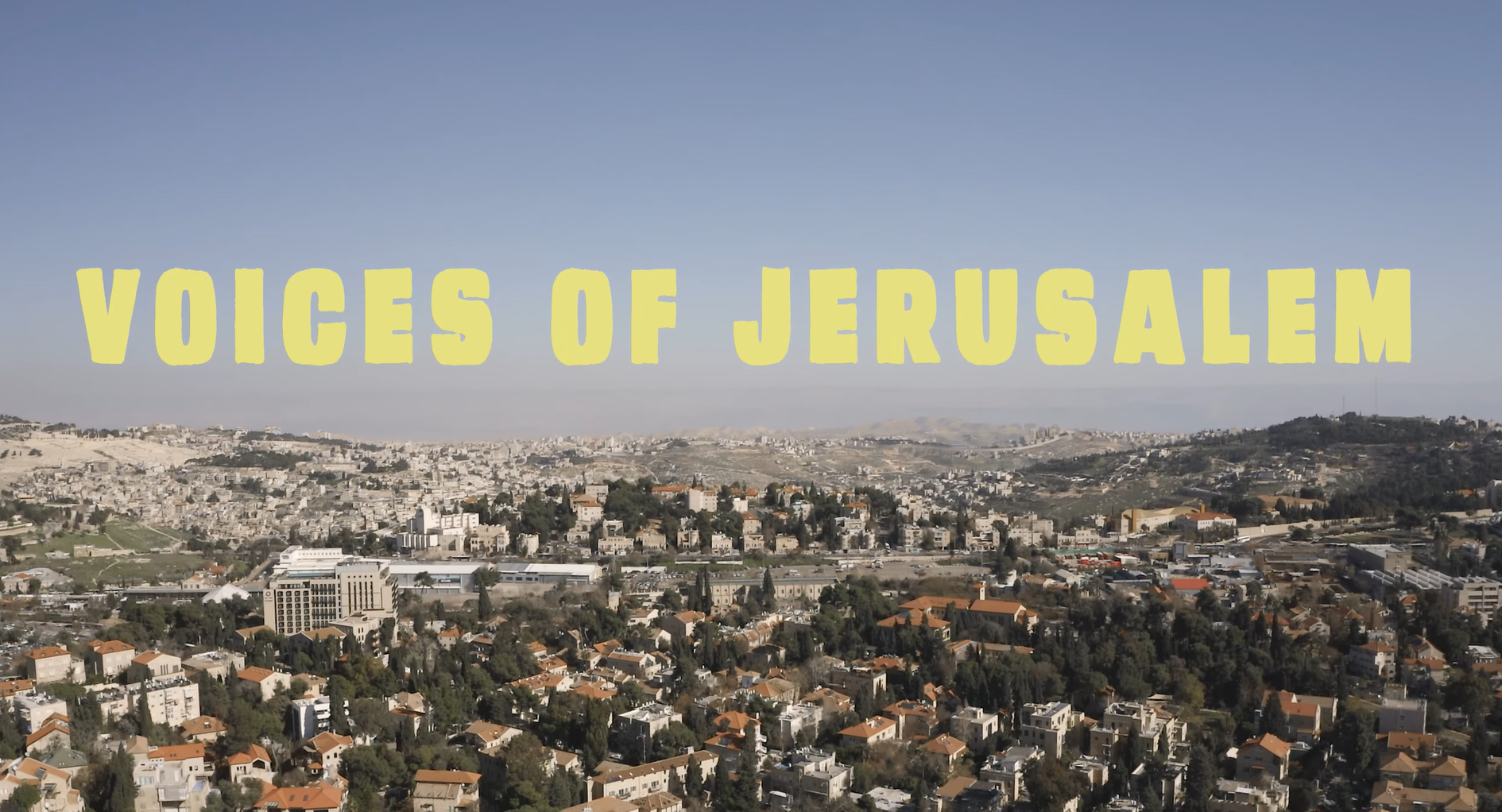
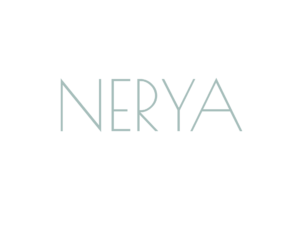

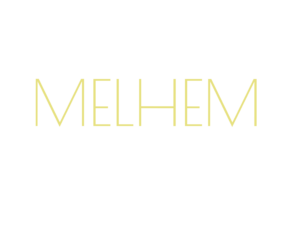

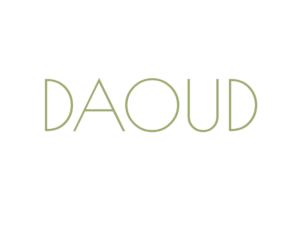
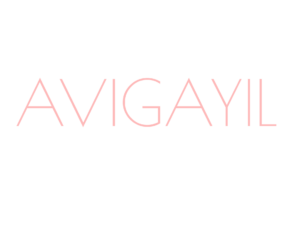
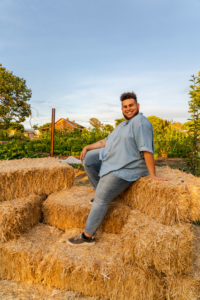 Black, Jewish and Queer. These three identities weave the fabric of who I am, but it took a long time to believe that they could exist together.
Black, Jewish and Queer. These three identities weave the fabric of who I am, but it took a long time to believe that they could exist together.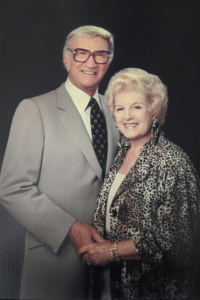 Lee and Toni Leichtag established the Leichtag Foundation in 1991 following the sale of their business. Lee and Toni were lifelong entrepreneurs with a passion for innovation and for supporting talent. They believed that only with big risk comes big reward. Both born to families in poverty, Toni to a single mother, they strongly believed in helping those most in need and most vulnerable in our community. While they supported many causes, their strongest support was for young children and the elderly, two demographics who particularly lack voice in our society.
Lee and Toni Leichtag established the Leichtag Foundation in 1991 following the sale of their business. Lee and Toni were lifelong entrepreneurs with a passion for innovation and for supporting talent. They believed that only with big risk comes big reward. Both born to families in poverty, Toni to a single mother, they strongly believed in helping those most in need and most vulnerable in our community. While they supported many causes, their strongest support was for young children and the elderly, two demographics who particularly lack voice in our society.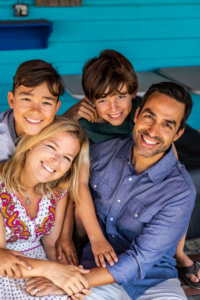 Lifelong Baltimoreans, Rabbi George and Alison Wielechowski and their sons, 11-year-old Lennon and 9-year-old Gideon, are more than pursuing the good life in Southern California. Having moved to San Diego more than three years ago, they are fulfilling a lifelong dream.
Lifelong Baltimoreans, Rabbi George and Alison Wielechowski and their sons, 11-year-old Lennon and 9-year-old Gideon, are more than pursuing the good life in Southern California. Having moved to San Diego more than three years ago, they are fulfilling a lifelong dream.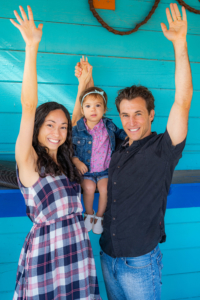
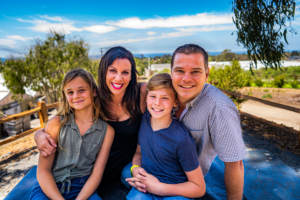
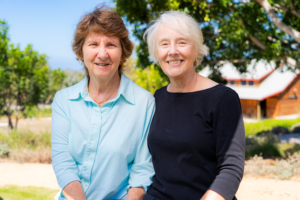
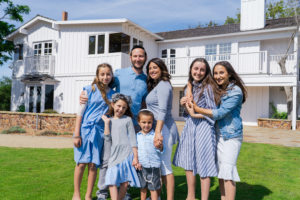
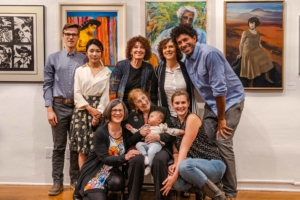
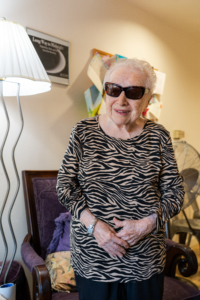
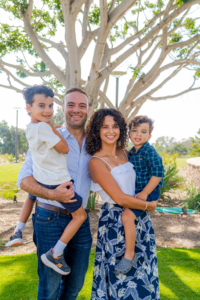
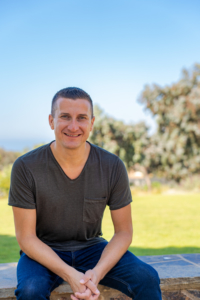 You would think that as the executive director of San Diego LGBT Pride, Fernando Zweifach López Jr., who uses the pronoun they, has done all the coming out they possibly can. A queer, non-binary individual who has worked for many years on civil rights issues, López also speaks openly and often about their father’s family, Mexican-American migrant workers who tilled the fields of rural California.
You would think that as the executive director of San Diego LGBT Pride, Fernando Zweifach López Jr., who uses the pronoun they, has done all the coming out they possibly can. A queer, non-binary individual who has worked for many years on civil rights issues, López also speaks openly and often about their father’s family, Mexican-American migrant workers who tilled the fields of rural California.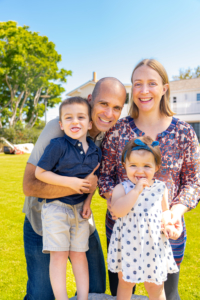 Stacie and Jeff Cook understand commitment. They live it.
Stacie and Jeff Cook understand commitment. They live it.